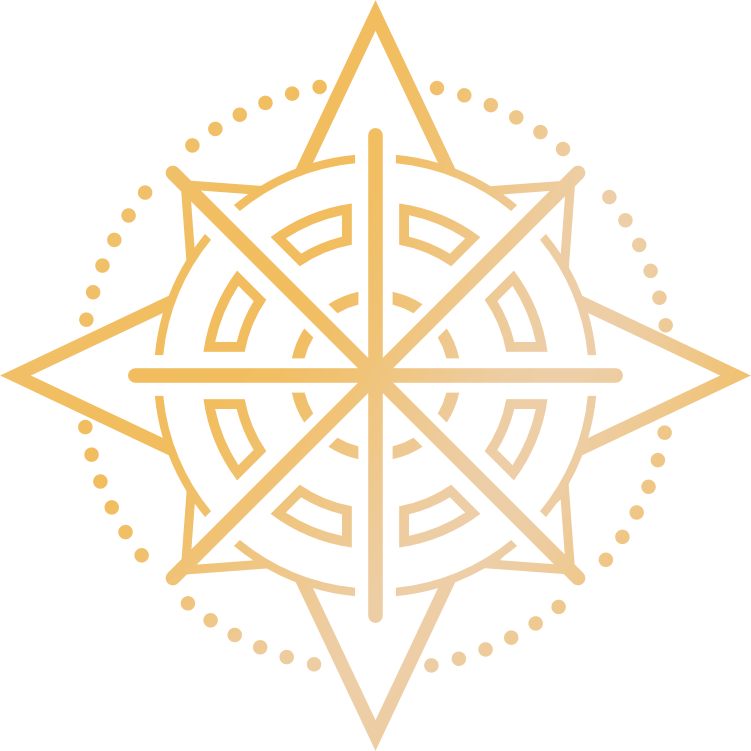Astrology Software and Apps
Astrology isn’t just your grandma’s daily newspaper horoscope anymore. With today’s tech, you can get a personalized chart, deep-dive compatibility readings, or even a transit alert directly on your phone or laptop. But with hundreds of apps and software out there, finding the right fit can feel like Mercury retrograde all year round. Here’s a practical guide to choosing high-quality astrology software and apps—tested, compared, and organized for real life (and real busy schedules).
Why Modern Astrology Tools Matter (Even if You’re Skeptical)
Modern astrology tools aren’t about predicting doom or “manifesting” a lottery win. Instead, they’re practical self-reflection aids, helping you spot patterns, improve relationships, and yes, sometimes laugh at your own quirks. Whether you want to track your moon phases or go full astro-nerd and analyze your progressed chart, there’s a tool for that.
“Good astrology apps don’t replace your judgment—they help you see yourself (and others) more clearly, with a little cosmic nudge.”
But not all apps are equal. Some are fun but fluffy. Others are data-rich but confusing. Below, you’ll find real pros and cons, prices, and exactly who each tool suits best.
Case Study: How a Busy Professional Used Astrology Apps for Real-Life Decisions
Let’s meet Lisa, a software project manager juggling deadlines, a cross-country move, and a new relationship. She wanted quick, no-nonsense guidance—not mystical mumbo jumbo. Lisa tried three popular astrology apps for two weeks:
- Co–Star for daily insights and compatibility
- TimePassages for in-depth charts
- Astro Gold for professional-grade analysis
The verdict? Personalized notifications helped her spot mood patterns (hello, full moon meltdowns) and plan tough conversations. She especially liked when the apps synced with her calendar—no need to remember Mercury’s every move. But she skipped features that felt too “out there,” and only paid for what she actually used.
15-Minute Astrology App Setup: Quick Start Guide
Step 1: Know What You Want
- Self-reflection? Go for apps with mood tracking and journal prompts.
- Serious chart analysis? Look for customizable reports and detailed aspects.
- Relationship insights? Choose apps with compatibility features.
- Learning astrology? Prioritize tools with glossaries and tutorials.
Step 2: Gather Your Data
- Birth date, time, and place (the more accurate, the better)
- Your partner’s or friends’ birth info (if you want compatibility readings)
Step 3: Download and Test
- Start with one free app and one paid trial
- Set up notifications (or mute them—some apps are chatty!)
- Try a daily reading or chart pull
Step 4: Evaluate After a Week
- Did you gain any useful insights?
- Are features easy to navigate?
- Is there too much “woo” or not enough substance?
- Is the cost worth it for what you use?
The Top Astrology Apps & Software—Realistic Comparison
| Name | Key Feature | Platform | Price Range | Amazon Link |
|---|---|---|---|---|
| TimePassages | Detailed charts, beginner-friendly | iOS, Android, Desktop | Free – $29.99 | See today’s deal |
| Astro Gold | Professional-grade, accurate | iOS, MacOS, Android | $39.99 – $59.99 | Check price on Amazon |
| Solar Fire | Advanced desktop astrology | Windows | $360 – $420 | See today’s deal |
| Co–Star | AI-powered, daily notifications | iOS, Android | Free with in-app purchases | Check price on Amazon |
| AstroMatrix | Comprehensive, many chart types | iOS, Android | Free with subscriptions | See today’s deal |
| AstroSeek | Web-based, free tools | Web | Free | Visit AstroSeek |
Quick Breakdown: Pros, Cons, and Who Each Tool is For
-
TimePassages:
Pros: Great for beginners, clear reports, not overwhelming.
Cons: Limited customization in free version.
Best for: Curiosity, learning basics, quick daily checks. -
Astro Gold:
Pros: Accurate calculations, pro-level features, clean interface.
Cons: Pricier, mostly for Apple users.
Best for: Advanced users, aspiring professionals. -
Solar Fire:
Pros: Industry standard, endless features.
Cons: Expensive, steep learning curve.
Best for: Professional astrologers, researchers. -
Co–Star:
Pros: Fun, social, sends reminders.
Cons: Sometimes vague, less technical.
Best for: Social sharing, quick daily insights. -
AstroMatrix:
Pros: Loads of chart options, affordable upgrades.
Cons: Can feel overwhelming, ads in free version.
Best for: Experimenting, those wanting more than basics. -
AstroSeek:
Pros: Free, web access, calculators galore.
Cons: No mobile app, basic design.
Best for: Budget users, desktop fans.
15-Minute Checklist: Picking Your Astrology App
- Set your budget: Free, one-time, or subscription?
- Choose platform: iOS, Android, Windows, Mac, or web?
- Decide on features: Charts, notifications, compatibility, learning tools?
- Privacy: Does the app keep your data safe? (Check settings!)
- Try before you buy: Most have free versions or trials.
Useful Links & Resources
- Astro.com – Free charts, reports, and calculators
- Cafe Astrology – Articles and compatibility guides
- AstroSeek – In-depth free online tools
- Want a pro-level desktop tool? Astro Gold for Mac/iOS
- Just curious? TimePassages for iOS/Android
- Looking for advanced features? Solar Fire for Windows
Final Thoughts: Tech-Driven Astrology Without the Fluff
Astrology apps and software can be practical, data-rich, and even fun—if you pick the right one for you. Take 15 minutes, try a couple, and see which actually fits your daily habits and goals. You don’t need to believe in “fate” to use these tools; think of them as cosmic calendars and self-awareness hacks. And if an app isn’t helpful? Delete it. Life’s too short for unnecessary notifications.
Some links in this post may be affiliate links. You pay the same price, and this blog may earn a small commission to support our work.







